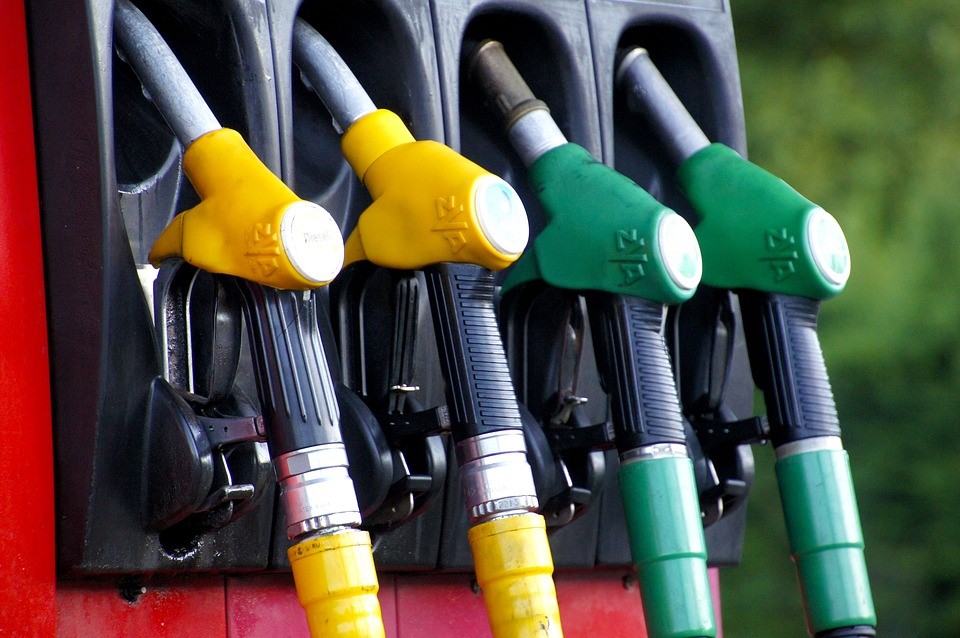2024 update
Since we wrote this in 2019, fuel prices in the UK have been subject to further fluctuations, causing more stress to drivers – this was further compounded by a series of strikes from tanker drivers looking for pay increases. As such, there is still talk about fuel stations cashing in on rush hour and peak times to charge a little extra and subsequently drivers are still stating they visit the pumps at less sociable hours in order to avoid the highest prices.
Source: https://www.express.co.uk/life-style/cars/1776775/best-time-for-cheap-petrol-diesel
As of March 2024, the average price of unleaded petrol in the UK was 145.08p per litre, and 154.83p per litre for diesel (stats from Statista.com). Will the UK ever see fuel prices down to a level we class as “fair”?
Original piece written in 2019
This year has seen fuel prices rise exponentially, especially after motorists enjoying price drops of 11p (petrol) and 8p (diesel) per mile back in late 2018. April in particular was one of the worst months for hiked prices at the pumps, with petrol at its highest price per litre since the year 2000 (!!). Some drivers reported that this added an extra £3 onto the cost of a full tank for a family car, a huge amount when you think some people fill up weekly, if not more! Whilst there have been drops in supermarket fuel, the big brands have yet to follow suit, and it is likely that these reductions won’t last, with the cost of oil set to rise again before the end of the year.
The price hike has been caused by the increase in oil prices, as OPEC limited production to reduce an oversupplied market. The economic sanctions also imposed on Iran by the US (the third biggest oil producer in OPEC) have not helped and could see barrel prices rise even further by the end of the year, although leading economist Ruth Gregory (Chief UK Economist at Capital Economics) has said she expects the impact to remain limited, with the oil price lowering in 2020. That said, we’re not seeing this yet and many are tightening their belts to take into account the increased cost in running their vehicle.
There is an argument here that motorists could change their fuel supplier to get the best price per litre, or at least switch to regular fuel if they are using a premium brand (what’s in a fuel name anyway? More on that here). Indeed, there’s a whole other argument that moving to an electric vehicle cuts this problem out altogether. However, as a short-term solution we have heard reports of an increase in motorists on the road later in the day, avoiding peak time price hikes at the pumps as fuel stations cash in on increased traffic during rush hour and bank holidays.
This isn’t a new thing, with talks first starting in 2017 between the major supermarkets and a2i Systems, who sell an AI computer algorithm that allows for flexible pricing at the pumps during peak and non-peak times. This type of technology is commonly used across the EU and US and can see prices change over 10 times a day. Motorists, understandably, find this frustrating and as such are making sure they fill up when prices are lower.
There is no doubt that it can be an inconvenience to make a special journey to fill up after rush hour, and there will be times when paying peak prices is unavoidable. However, we may find ourselves queuing at times when we would normally be able to drive straight in to refuel, thanks to both this AI technology and the increase in prices seen of late.
Have you changed your fueling habits? Let us know in the comments!









